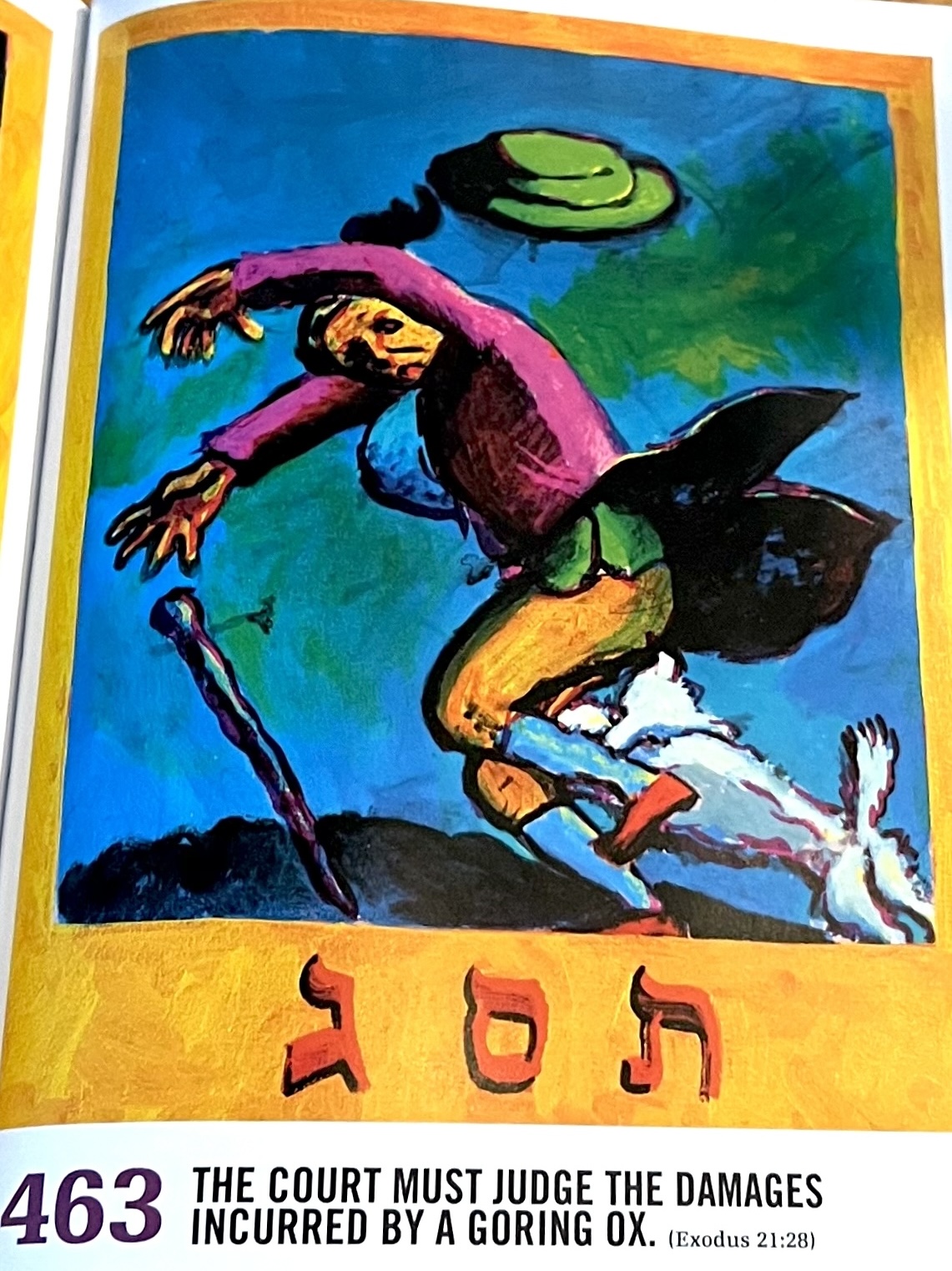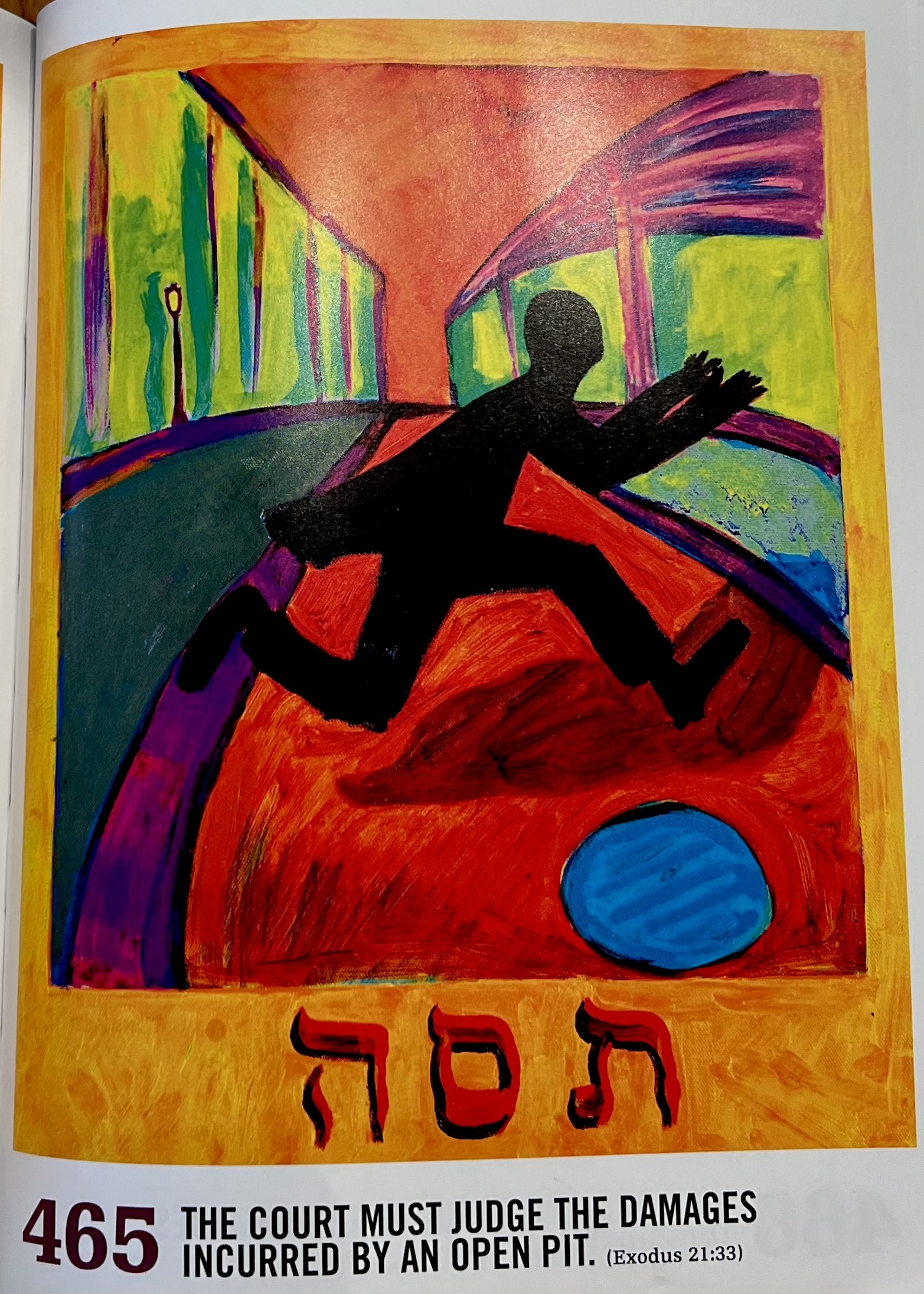Torah Study Date
Saturday, May 4, 2024
Verses Covered
Exodus (Sh’mot) 22:15-22:19
Next Session
Saturday, May 11, 2024
Starting at Exodus 22:20
Last week we had a wide-ranging discussion. We discussed why all the minute laws being established are important (rather than just finicky). Rabbi Sara mentioned that the Israelites are creating a civil society. Rabbi Myra mentioned that they answer the question, what do the Ten Commandments mean concretely and that they incarnate or embody them. R. Sara stated that the Israelites are no longer under Egyptian law but are establishing their own. R. Myra elaborated on that by bringing in the concept of “agency”, the agency the Israelites have now that they are no longer Egyptian slaves.
We discussed later Talmud and Responsa (as more detail in which, through the Israelites’ new agency, incarnates or makes concrete the basic laws and, in doing so, creates a civil society). We discussed the fact that the Reform and Conservative movements have committees that provide responsa today and that Orthodox Jews tend to provide them by a rabbi going to his rabbi (etc.). Marilyn W. mentioned going from laws about lighting a fire to laws about electricity. That is another way in which very specific laws and discussions make basic laws concrete—by applying laws that were relevant to a previous context to our current context. R. Sara mentioned the fact that Torah is central in all these applications, incarnations or concretizations but does not have the last word.
We discussed the law that a man who seduces and has sex with a woman for whom no bride price has been paid must marry her by paying a bride price. We saw that law as a deterrent for young men. If the father utterly refuses his daughter to him, he still must pay and according to the bride price for virgins. R. Sara pointed out the hierarchy of value between a virgin and a non-virgin (divorced, widowed or converted—a convert being treated as a non-virgin). Bride price, we noted, was paid to the father of the bride. We discussed the continuing problem of agunot, women who cannot get a divorce.
We went on and discussed the prohibition on letting a witch live. R. Sara suggested that this law indicates suspicion of women in groups and that it is a way of getting rid of troublesome independent women—especially since it is not clear what the criteria for being a witch are. We discussed the notion that witches’ powers would warp God’s plan. We discussed the idea that maybe witches are just expressing more intimate spirituality. We talked about Jewish women’s amulets, the evil eye, etc. Duke mentioned, in relation to our discussion evoking the relation between religion and rationality, his favorite Einstein quotation, “Science without religion is lame, religion without science is blind.” We began discussing prohibitions on lying with a beast and on sacrificing to any god other than YHVH.
Of course, we discussed a lot more than can be conveyed in this summary.
Our artwork this week is more of Archie Rand’s rendering of every commandment in The 613, Damages Incurred by a Goring Ox (above) and Damages Incurred by an Open Pit (below). Rand substitutes a biting dog for an ox (above) and a street with high walls, or maybe a street with curbs, for an open pit (below). In doing so, he instantiates the application of the idea behind old laws to new situations that we discussed (above).


